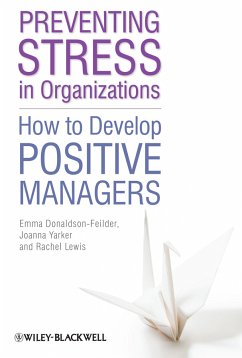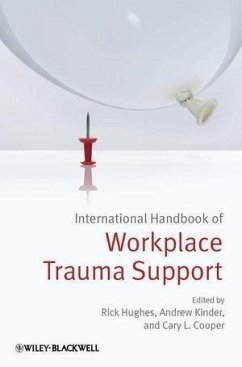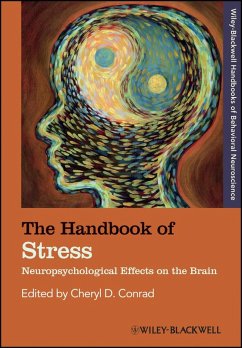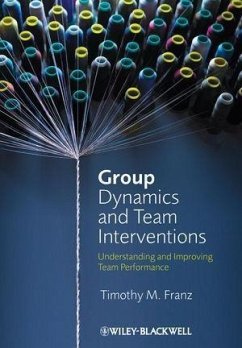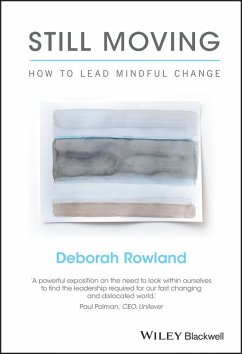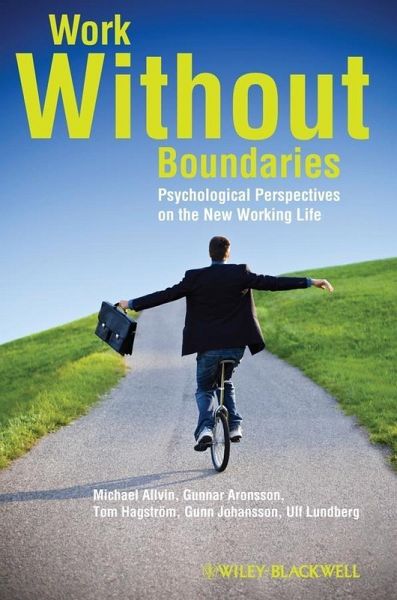
Work Without Boundaries (eBook, ePUB)
Psychological Perspectives on the New Working Life
Versandkostenfrei!
Sofort per Download lieferbar
40,99 €
inkl. MwSt.
Weitere Ausgaben:

PAYBACK Punkte
0 °P sammeln!
Drawing on more than a decade of inter-disciplinary research, this book provides a comprehensive overview of the available theories, concepts, data and research on new work organizations and the concept of 'work without boundaries'. * Explores a concept of work that is not restricted by traditional organizational rules like regular office hours, a single workplace, fixed procedures and limited responsibility * Provides a comprehensive overview of the available theories, concepts, data and research on new work organizations * Examines the shift of power away from organizations to make individua...
Drawing on more than a decade of inter-disciplinary research, this book provides a comprehensive overview of the available theories, concepts, data and research on new work organizations and the concept of 'work without boundaries'. * Explores a concept of work that is not restricted by traditional organizational rules like regular office hours, a single workplace, fixed procedures and limited responsibility * Provides a comprehensive overview of the available theories, concepts, data and research on new work organizations * Examines the shift of power away from organizations to make individuals accountable for their own employability and work * Draws on over a decade of original research into 'work without boundaries' in which the authors are key authorities * Brings together organization theory and work psychology with scholarship from related fields including sociology, social psychology, cognition and psychobiology
Dieser Download kann aus rechtlichen Gründen nur mit Rechnungsadresse in A, B, BG, CY, CZ, D, DK, EW, E, FIN, F, GR, HR, H, IRL, I, LT, L, LR, M, NL, PL, P, R, S, SLO, SK ausgeliefert werden.




